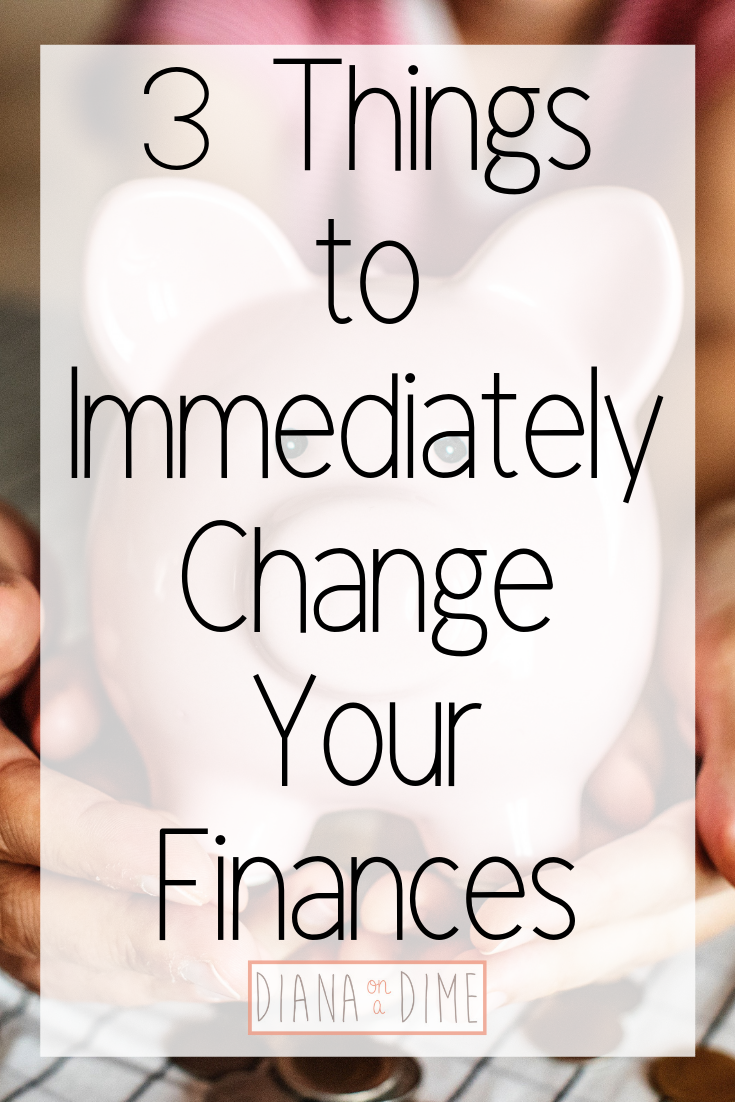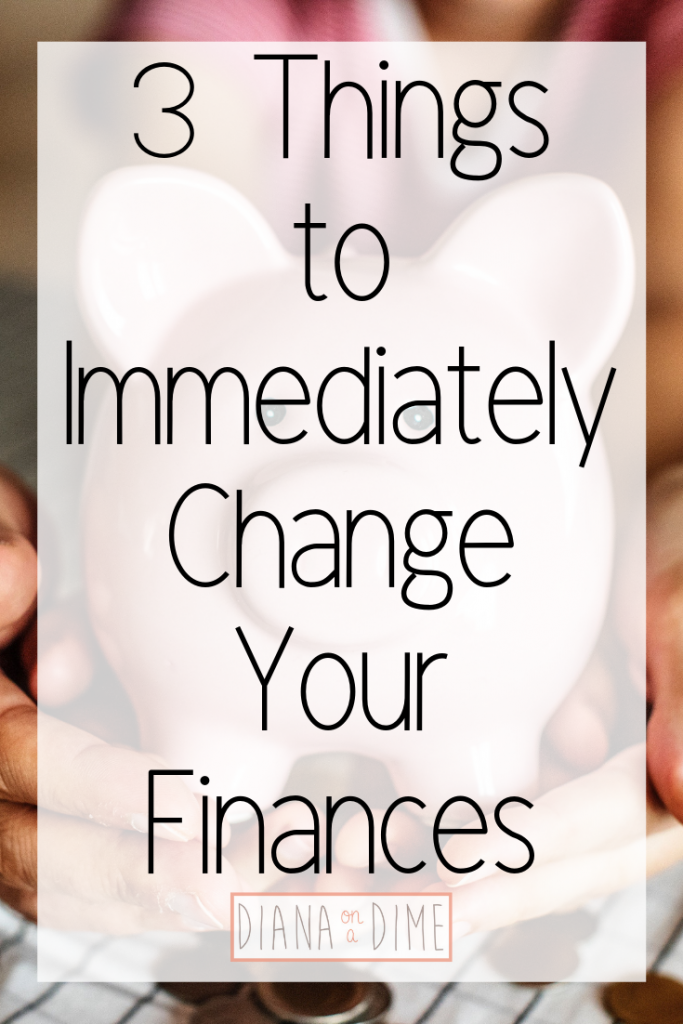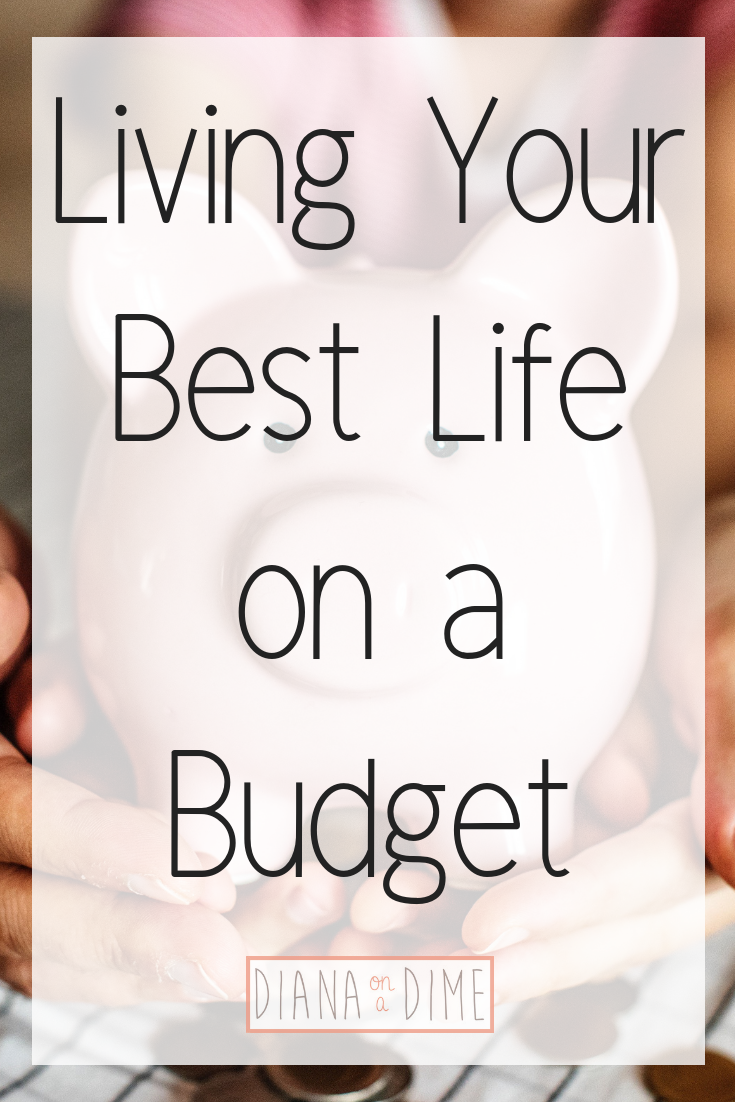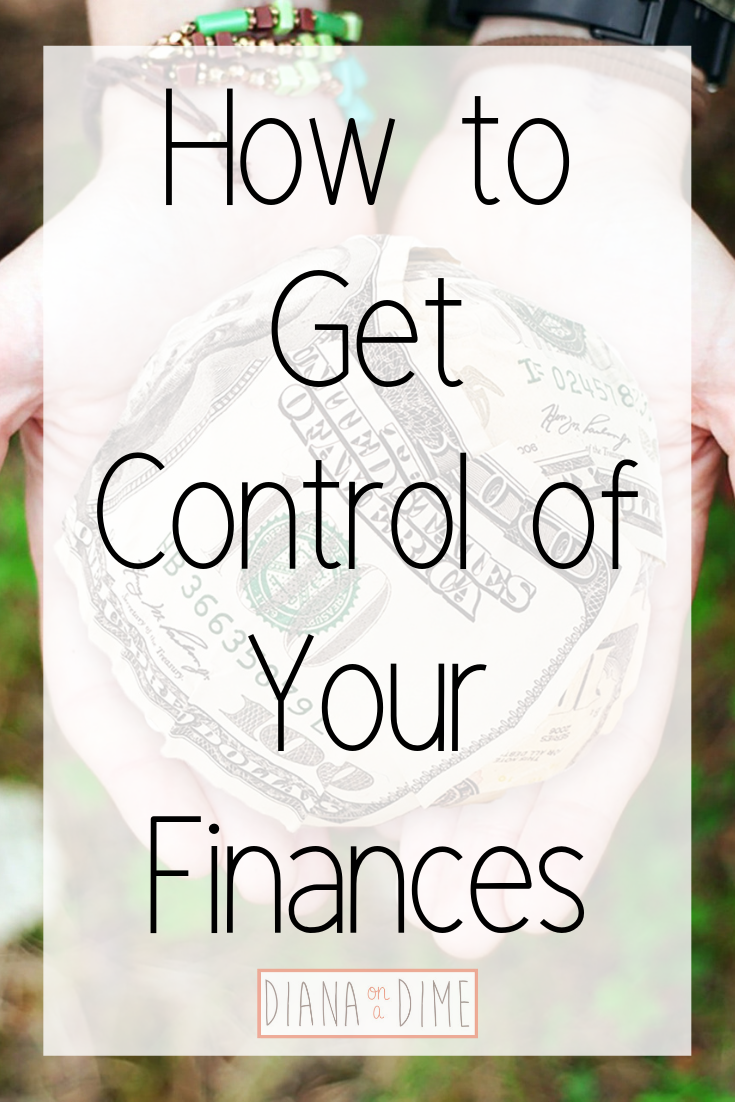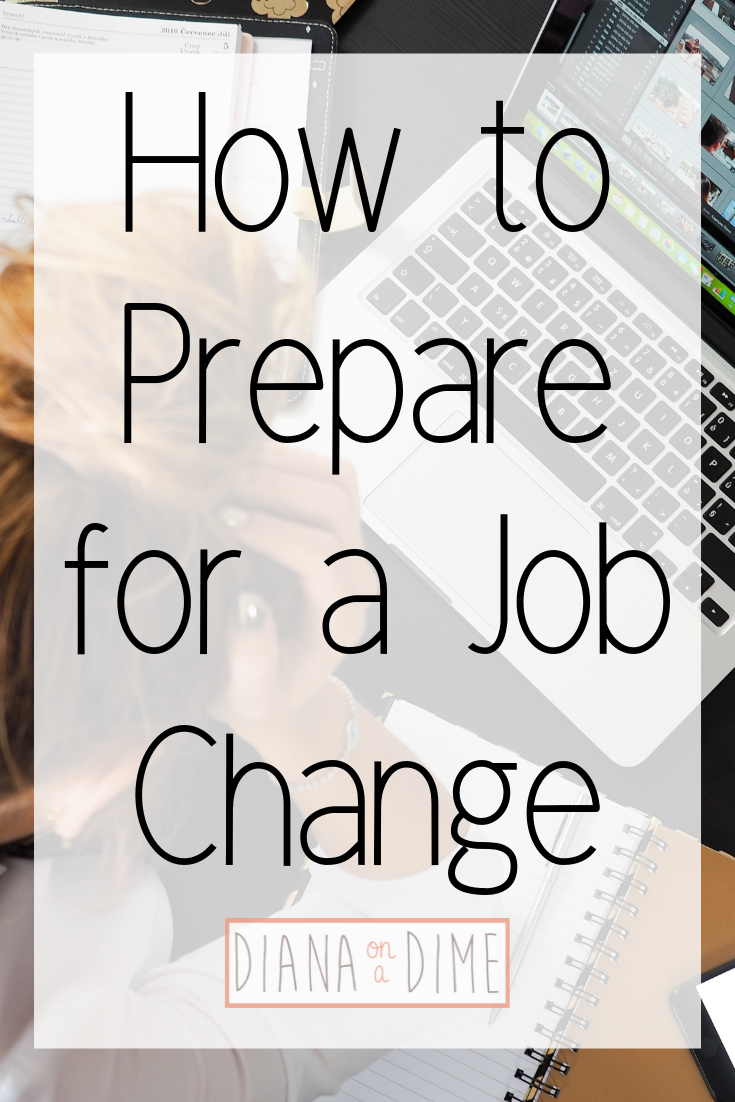3 Things to Immediately Change Your Finances
This post may contain affiliate links. Check out my Disclosure Policy for more information.
There are a few things in personal finance that I feel will actually change your life. A budget, sinking funds, and an emergency fund, and I’m not being dramatic when I say this.
If you utilize these three things, you’re financial world will be better because of it. If you’ve been using these 3 things for awhile, then you know what I’m talking about. When I learned about these three things and implemented them, it was amazing how stress free my financial life became.
The reason why these 3 things make your finances so much less stressful is because it prepares you for expected and unexpected spending.
You no longer will need to stress about money because you will have money earmarked for most things that come up.
Here’s a breakdown of what these 3 things allow you to do with your finances.
1. A budget to change your finances.
A budget is going to help you manage your cash flow, the money coming in and out of your account. This also allows you to plan for expenses you know are coming in a specific month.
Personally, I use a zero based budget because it allows me to give a job to every single penny that comes into my account. By the end of the month, all income money has gone out to do something for me. This might be paying off debt, adding to my sinking funds, replenishing my emergency fund, or general monthly expenses.
There are tons of ways to budget, you need to find a system that works for you and start tracking the money you have coming in and going out. This won’t happen over night, but just by being more aware of what money you have coming in and out, you will see changes pretty quickly.
I encourage you to not put yourself on a strict budget, but to instead just track your expenses and see where your money is actually going. Once you see some of your trends, make a change in the place that makes you most annoyed.
For me, I was most annoyed at how much I was spending on convenient stops for food and drinks. It’s crazy how much it adds up. I challenged myself to not stop for convenience food anymore and this freed up a chunk of my cash flow every month.
Remember, you’re trying to create new habits when budgeting, don’t rush the process. Slowly take out expenses from your budget that you know you won’t miss. By creating new habits you will see long term results, rather than only quick wins.
I have created a Google sheet template for you to use in zero based budgeting that has all the math done for you and allows you to track your expenses, you can get it here.
2. Sinking funds to change your finances.
Sinking funds might just be my favorite part of budgeting, mostly because I love having the freedom of having cash earmarked for specific things that come up. Sinking funds are when you put aside a bit of money each month to save up for a specific purpose.
A classic example is Christmas, it comes every single year, so why not plan for it! In January, you give yourself a Christmas budget for presents of $600 (totally made up number). Then, you divide that number by however many months you have to save that. I’d want this to be fully funded by at least November, so I’d divide $600 by 11 and save $55 each month. Yes, I rounded up, I would rather have more money and an easy amount to take out each month!
The great part about this is if you don’t use the entire amount, you can roll it over to next years Christmas fund.
I personally use sinking funds for expenses that I don’t know about, but I know will come up. I currently always put aside money for my medical and car sinking funds. The reason I add to these two every single month is because I want to be prepared.
I’d hate to be in a position where I need to say no to anything health related for me because of finances. Same thing goes for my car. Some months, I don’t touch either account, other months I use them a ton!
Last month, I had a metal tool go into my tire that couldn’t be replaced. They told me it would be $120 for a new tire and I didn’t need to stress about it one bit because I had the cash sitting in my sinking fund.
This month I had to see an ENT, allergist and my orthodontist. All completely unexpected and totaling about $145 in copays. If it weren’t for my medical sinking fund, this would have had to come out of my debt pay off for the month. It’s not terrible, but it would slow down my progress.
3. An emergency fund to change your finances.
The last and possibly most important thing to do to change your finances is to have an emergency fund. This is for those times that you totally can’t plan for. Everyone has a different idea of an emergency, but because I have sinking funds, my idea of an emergency is more like job loss, or loss of one of my income streams.
Emergency funds are going to get you through those expenses that pop up completely unexpected, or in the event of income loss. There is a lot of talk on the Internet about what you should have saved for your emergency fund.
It ultimately comes down to what you are comfortable with. I suggest, at the very least to have one month of expenses saved up, and really this should only be if you have a very secure job, consistent pay, no kids, no house. Any other scenario, I would suggest 3-12 months of expenses saved up.
This allows you to weather most storms that come your way unexpectedly. When you don’t have enough in savings, it is setting you up for financial ruin in the event of something happening.
These 3 things will set you up for success.
By having these 3 things in place, you are setting yourself up for long term success. It might not look pretty in the beginning and you might feel overwhelmed, but give yourself time. This isn’t going to happen overnight, but you will see changes happening once you get started.
I encourage you to just start, start tracking your expenses and getting a budget set up. See where your money is going and start telling your money what to do instead. I know this can be difficult at first, it’s why I offer email coaching to help you get started and hold you accountable to getting things done. Send me an email, if you want to be added to my email coaching waitlist. Have you set yourself up for success by having these three things done?

